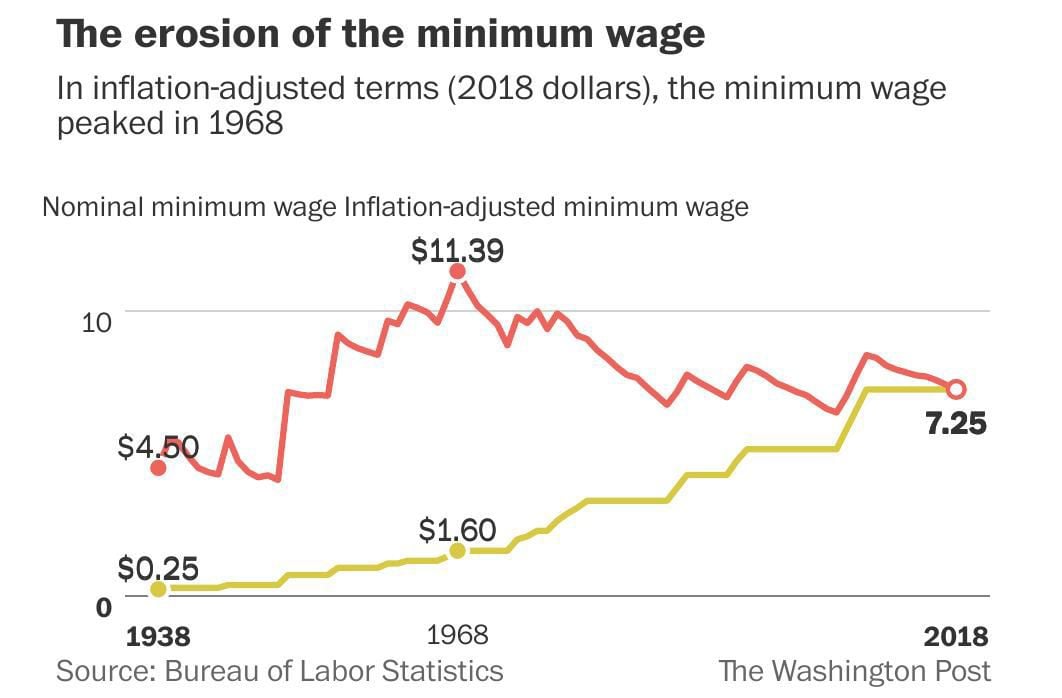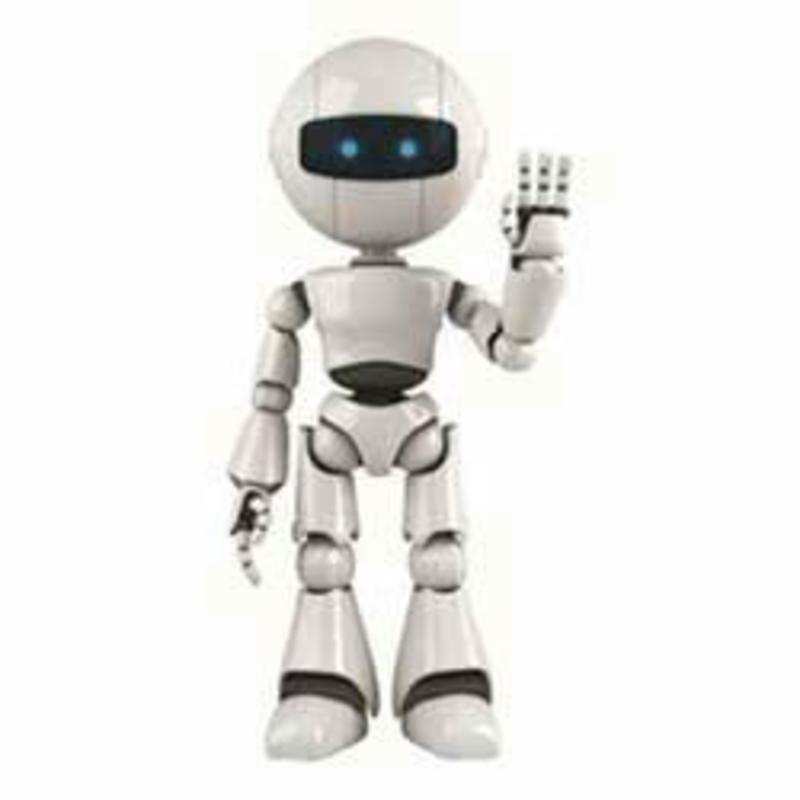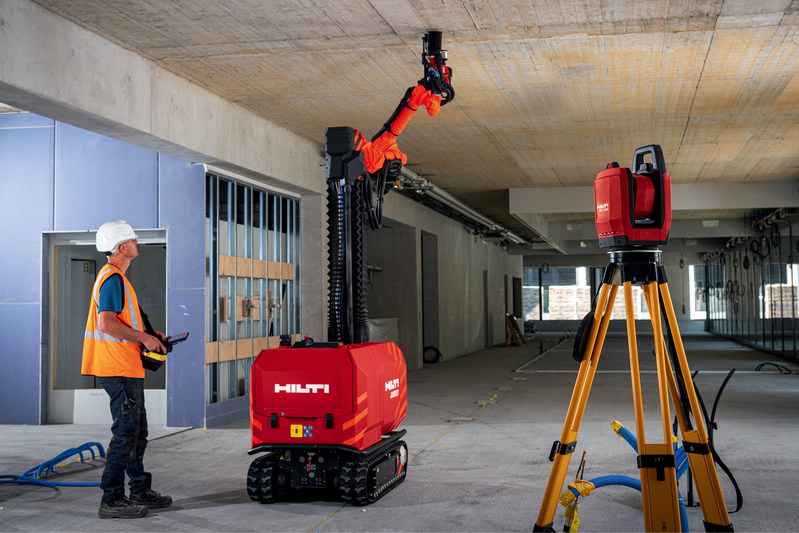I think the best tactic would be to explore ways to actually increase how well humans can accomplish things in order to keep a human relevant. We've been doing that for a long time by increasing education, but we're starting to run into some hard limits on just how much education you can give a person before you start cutting into their useful career years. I suspect we can actually make education far better than it is now and probably need to explore augmentation options, though again that also opens up a pretty massive can of worms itself.
No, we've been exploring that primarily through
more advanced technology making labor more efficient.
Education fills a head with knowledge, some of which might be false. It has its use, but better tools and
actual work experience are what improve 'how well humans can accomplish things.'
And in comparison to a human, an AI is more durable, capable of finer manipulation, and more flexible. They aren't more adaptable or intelligent yet but both of those traits are increasing by the year. The issue is that AI's specific niches happen to overlap with most of humanity's specific niches.
It's less durable, less flexible, and only capable of finer manipulation after enormous investments of man-hours and finances to make it so.
Using current transistor-based technology, AI will never
be more adaptable, because the fundamental nature of how AI 'thought' operates compared to human thought sticks them with fundamental limitations they cannot overcome. They can operate
faster in specialized math-based tasks, and in that specific way be more intelligent, but easy grasp and understanding of concepts is something that is not
possible based on current technology.
Now, if a
completely new type of computing is invented, we may get computers capable of doing such. But the alternative to the transistor to base that off of doesn't even
exist yet, much less having been developed into a mature technology capable of surpassing human thought.
Which cannot be accomplished, because the definition of "Unemployed" used in the US only counts people currently looking for a job, so Unemployed who give up finding work, aka those permanently unemployed, are automatically removed from consideration, which allows the data to be manipulated to never count the permanently unemployed. Nice Catch-22 you have there.
This is not a catch-22 for me, this is a catch-22 for
you.
I can and have pointed out the entire history of the first world over the last 200 years as evidence that new technology doesn't result in permanent unemployment. You can't point to any piece of new technology that
has, and now you're actually claiming that it's
impossible to do so?
When you start claiming that it is
impossible for the key evidence supporting your argument to exist, you're in a bad place.
And I'll repeat, do you think it's impossible for humans to walk on Mars or do you concede that sometimes things change due to technology?
Yes, things change due to technology. Human nature does not, and it is human nature which governs economics, because humans are those who are at base responsible for both production, and consumption. The details change, and some of those details are very important, but a machine is never going to earn a paycheck, go home, pay rent, and then buy food and/or luxuries.
Show me the numbers then. Present proof, I'm tired of being the one using sources while you just make vague assertions (that have already been proven false in-thread) and just fail to quote any point you can't argue with over and over. You say it's quantitatively untrue so you must have actual quantities, show them to us.
It's funny how utterly predictable this response is. It's such a canned response, I have yet to ever have this discussion without somebody bringing up "But muh luxury goods!" in response to pointing out that luxury goods are cheaper but basic necessities are more expensive. Well no duh luxury components are cheaper, I'm the one who pointed it out.
Actual charted data shows that necessities are more expensive. Luxury goods have gotten cheaper.
Well gosh, would you look at that. There's a direct relationship between how expensive a thing has proportionately become, and how much the government has intervened with and distorted the market for that good or service.
It's almost like more government intervention makes things
worse, not better.
There's a reason we see people talking about how eating bugs is the future, necessities like food are getting exceedingly pricey and people who are looking to the future expect that meat will be out of reach for average humans eventually.
And regardless of Luxury Goods, you run headfirst into the problem of who's paying for it, which you gloss over every time and just don't quote those points since you can't refute them. Only one person needed a high-school diploma and job to support a family of five, their car, and owning their own home, and they began having children right out of high school. Today both parents need college education and full-time jobs to afford a small apartment's rent and people on sites like SB get the heebie-jeebies at even the thought of children because kids are so expensive. Even if the house has more air conditioners, if you have to have all the adults working to pay for it instead of just one you cannot indicate that things are getting cheaper from that.
This is such bullshit I don't even know how to respond.
You want some cites? I'll give you some cites.
1. I am staying in a 3-bedroom (the third is small, so let's call it a 2.5 bedroom) apartment, the monthly rent is 830 dollars a month. If I paid for that myself, rather than splitting it with one roommate, I could still afford it on a single full-time job at minimum wage. That's not possible for everyone though, so let's look at some
actual numbers.
2. Let's look at rental rates in some non-crazy cities around the nation:
Top two listings in Superior, WI, ~800 a month for 2 bedroom, 1 bath.
~850-1200 a month in Cheyenne, WY, for 2 bedroom, 1 bath.
800-1200 a month in Grand Rapids, MI, though you have to scroll down a ways to get past the expensive stuff at the top of the listings.
Here I actually had to start sorting for cheap stuff; Atlanta, GA, 800-1200 for a 2 bedroom, 1 bathroom.
I know from personal experience that if you're
actively looking for a cheap part of the country to live in, you can do so for considerably less.
3. Let's look at food costs. Let's start with an easily-findable list of groceries that'll get you through a week at a decent price.
This outta do it. Granted, it's based on 2016 grocery prices, so let's generously slap 20% inflation on that, and say it's 24$ a week, instead of 20. Multiply by 4 for a family of 4 (closest to average American family size), and that's 100 dollars a week. Four and a half weeks in a month, and even though we've rounded up at every stage, we're still coming out to ~450 dollars a month.
We're now up to 1250-1700 or so a month.
4. A car.
You can get one as low as 1500$ but I wouldn't recommend going under 3 grand unless you already know the seller and/or the car. Split that up into something spread out by 12 months, and you have 250$. Add insurance, which in Michigan runs around 300$ for six months, and Michigan is one of the most expensive states in the union for car insurance (mine dropped by 60% when I moved out of the state), and you're up to 300 a month. Tack on another 100 a month for gas and minor repairs.
1650-2100 a month in living expenses.
5. Medical treatment. This is an
incredibly volatile thing. If your have good genes, don't take stupid risks, and don't have terrible luck, this could be as low as a couple hundred per person per year. One major medical expense though, can run from
tens to
hundreds of thousands of dollars, and aside from not deliberately doing stupid things, there's very little one can do to control that. For
most people though, in their younger and healthier years, the low end of costs is the norm. If we call it 300$ per person per year (which is
much more than I generally spend myself, but I'm deliberately erring high), then that's 1200 for the family of four, or another 100 per month.
6. Cell Phone/internet service. This'll run you another 100-200$ a month for a family plan, generally speaking.
This brings us up to 1950-2400 a month.
This brings together bare-bones
essential costs, though I did forget to count utilities with rent, for places where that is not included. Based on past experiences, that'd probably run 200-300 a month for a family of four, though bringing our total up to 2250-2700 a month.
Now, what's the income at Federal minimum wage? 7.25 per hour. If we had two parents working full-time at minimum-wage jobs, that's 80 hours a week, or 580 per week, coming to 2320 per month, which is
barely enough to scrape by at the bottom end of the spectrum. 1160 dollars personal income per month is enough to live on by yourself, if you're smart, but two incomes at that level is hard for a family to get by on. It's only 29,000 a year, assuming both parents take two weeks worth of time off over the course of the year.
This is a real financial problem for this poor family, but let's look at some expanded statistics...
How much of the labor force is earning minimum wage (or less)?
1.9% a of 2019.
Boy,
that really changes the picture now, doesn't it?
Just move up to the 9 or 10 dollar minimum wage common in many states, and you
easily exceed the 2700 monthly cost estimate. That's still a really tight budget, but it
is livable.
Now, let's look at the situation that
you claimed, two college graduates working full-time to keep living in a small apartment. Now, what is the average
starting salary of a college graduate?
$53,889 a year, according to one of the top results I found on a quick search. (Granted, I bet they're excluding a lot of graduates with completely useless degrees from their results, but its those graduates own fault for pursuing useless degrees, so they're not terribly germane to this discussion. If they
are included in these results, then college graduates are doing
way better than 54k a year once they stop dragging the average down.)
Wow. That
really changes the picture, doesn't it? That's almost
twice what the two minimum-wage earners brought in
together. Obviously an average isn't going to account for everyone, but if that's your average, anything approaching a normal distribution is going to mean that a
vanishingly low number of people have as low an income
by themselves as two minimum wage earners would have
together.
And if you put
two of these average earners together, you have enough income to live on
twice this calculated minimum living expense, leaving plenty of funds for paying off student loans and saving for the future.
So, to sum up, your assertion that the cost of living is so high that
college graduates can barely make it on two incomes, is
complete nonsense from beginning to end.
In fact, only the 1.9% or so of people earning minimum wage or less are in the kind of crisis crunch you're depicting, and
most people manage to start earning higher wages once they've got some experience and track record behind them in life. Before our society became as dysfunctional as it has in the last 20 years, almost all of those minimum wage earners would have been young adults just getting started in life, with a near-certainty of moving on to better paying jobs, even if they never went higher than assistant manager at a fast food place, it'd still put them decently better off than minimum wage.
Implementing more redistributive policies, and institutionalizing further entitlement mentality in our culture, will make things
worse, not
better, because these are a big part of what has made things so messed up in the first place.








